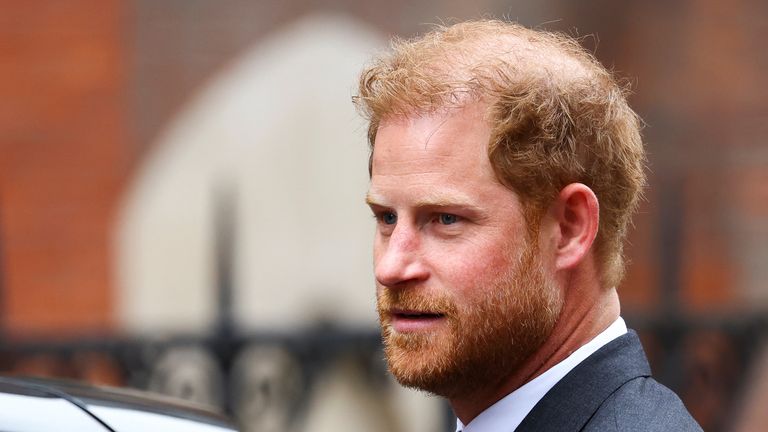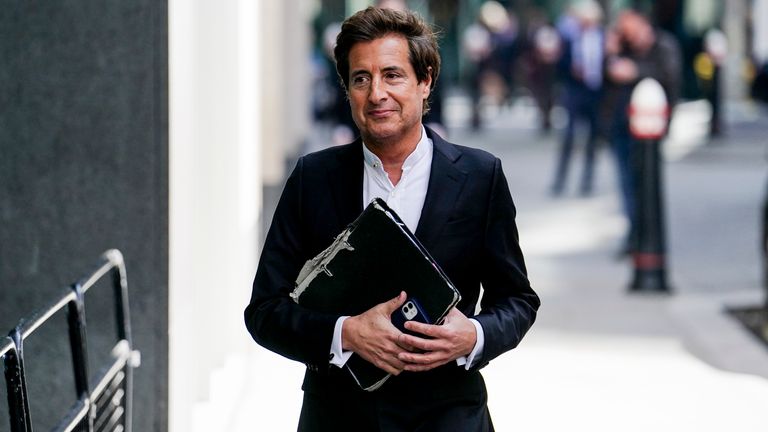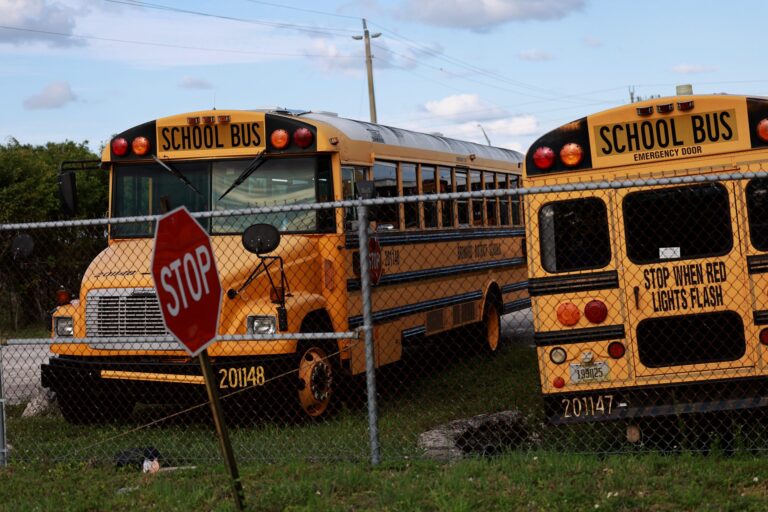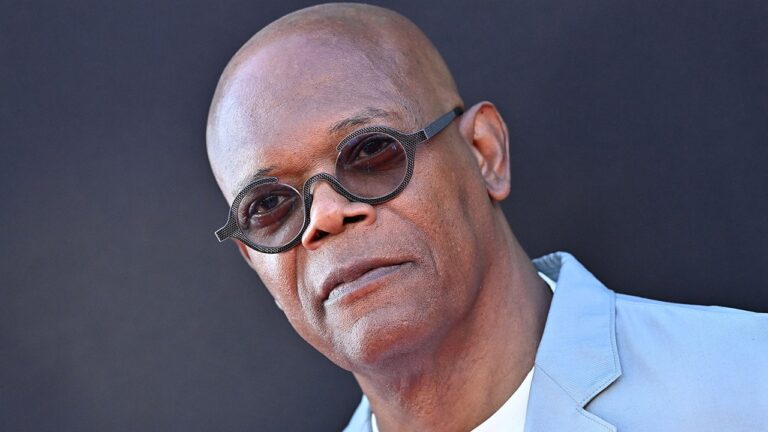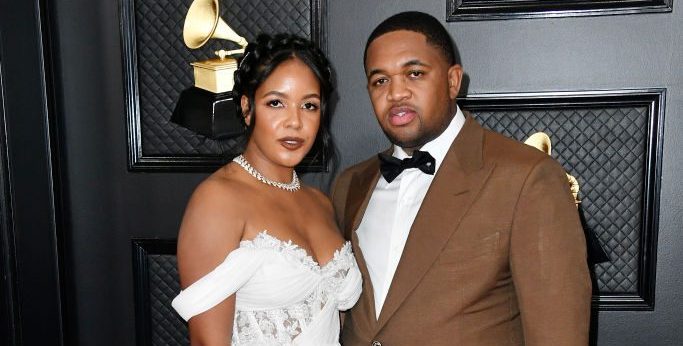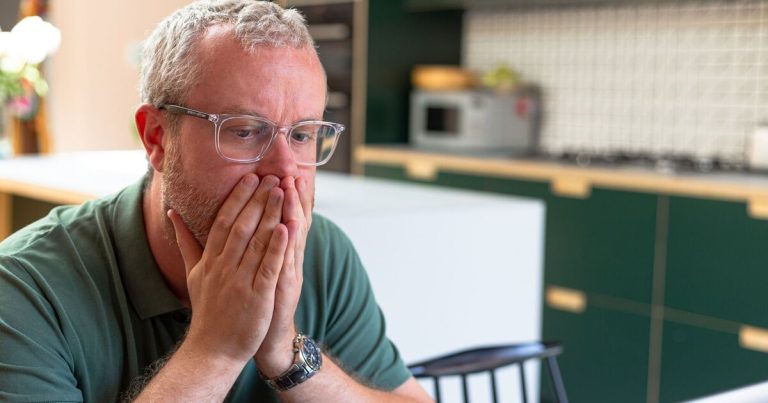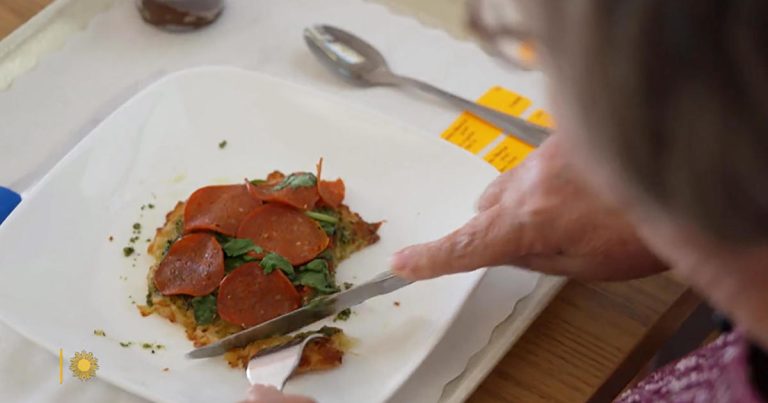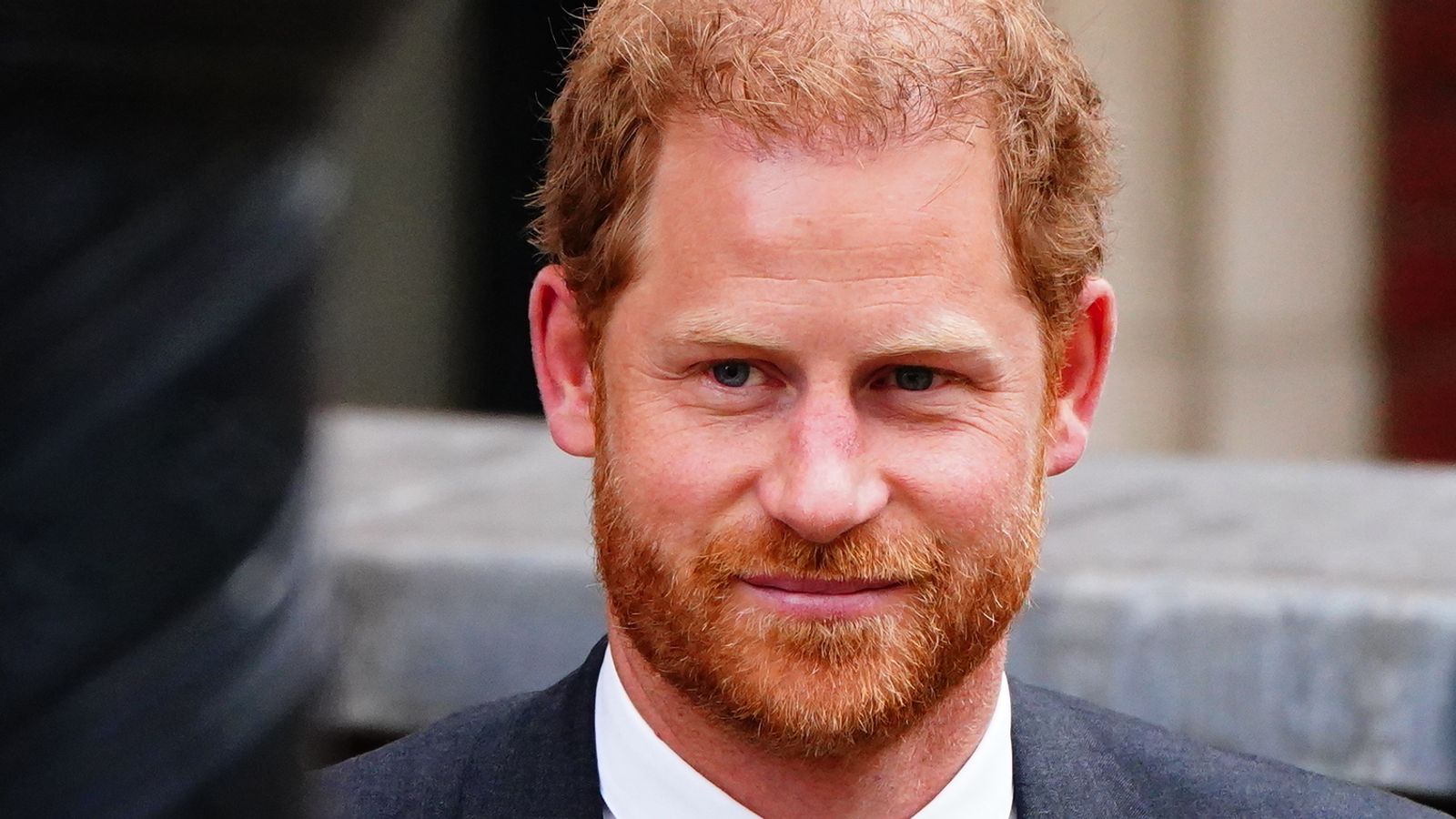
Prince Harry has scored an early victory in his latest phone hacking trial, after the publisher of the Daily Mirror apologised for ordering the unlawful gathering of information.
It comes on the first day of the prince’s legal action against Mirror Group Newspapers (MGN).
In court documents released at the start of the trial, MGN admitted there was “some evidence of the instruction of third parties to engage in other types of UIG (unlawful information gathering) in respect of each of the claimants”, of which the Duke of Sussex is one.
The publisher denies involvement in the case of one claimant – Michael Turner.
MGN also said it “warrants compensation”.
The publisher added: “MGN unreservedly apologises for all such instances of UIG, and assures the claimants that such conduct will never be repeated”.
The statements form part of the publisher’s defence to claims brought by Harry and other individuals over alleged unlawful information gathering at MGN titles.
Representing the publisher, Andrew Green KC said in the written arguments that it denied allegations of voicemail interception in the cases being examined during the trial.
Mr Green also said some of the challenges it faces have been brought beyond a legal time limit.
The barrister said: “There is some evidence of the instruction of third parties to engage in other types of UIG in respect of each of the claimants” except for the case of actor Michael Turner whose claim is “entirely denied”.
He added: “This apology is not made with the tactical objective of reducing damages, MGN accepts that an apology at this stage will not have that effect, but is made because such conduct should never have occurred.”
Read more on Prince Harry’s battle with the press:
Everything you need to know about the Duke of Sussex’s latest court case
Prince Harry makes surprise appearance at High Court for phone-tapping and privacy case
Mr Green said the publisher “unreservedly apologises” for one instance of UIG against the duke, adding MGN admitted to using a private investigator to unlawfully gather information about what he was doing at the Chinawhite club in 2004.
“Otherwise, the specified allegations are denied, or in a few cases not admitted,” he added.
Mr Green also said there was a reference to a payment record for £75 in February 2004.
“MGN does not know what information this related to, although it clearly had some connection with his conduct at the nightclub.”
Mr Green added: “The Duke of Sussex notably does not claim in relation to this article, so it is not alleged that this instruction led to the publication of his private information.
“The fee paid, £75, suggests little work was involved.”
Click to subscribe to the Sky News Daily wherever you get your podcasts
Elsewhere in court documents, David Sherborne, representing the Duke of Sussex and other individuals bringing claims against Mirror Group Newspapers (MGN), alleged the use of unlawful information gathering used by the publisher was “habitual and widespread”.
“The scale and extent of the methods were used so frequently they were the stock-in-trade of journalists.”
Mr Sherborne also alleged in court that the use of private investigators was authorised by senior editors, including Piers Morgan, adding the former editor, and MGN’s legal department, “must have known” that they were using “illegal methods and still continued to use them”.
“Put bluntly it was worth the risk,” Mr Sherborne told the court.
“It was a risk because it contradicted the very public denials that they were making in relation to the use of unlawful information gathering.”
Morgan has previously denied any wrongdoing.
Mr Sherborne also told the court, in a written submission, details about the alleged phone hacking of Prince Harry.
He said the duke “experienced unusual telephone and media-related activity which is consistent, now in hindsight but at the time unsuspected, with the unauthorised accessing of his voicemails and other unlawful information gathering”.
Mr Sherborne added this included missed and hung-up calls “on an almost daily basis from numbers he did not recognise”.
He continued: “This unlawful activity, including in particular knowing where the Duke of Sussex was going to be at a given time and the widespread dissemination amongst MGN’s journalists of private information relating to him, posed a very real and large-scale security risk for the Duke of Sussex, his family and his associates.”
Prince Harry, as well as the other claimants, is expected to give evidence to the High Court in June.
It will be his second appearance in the building this year, after sitting in a preliminary hearing for a separate claim against Associated Newspapers.


